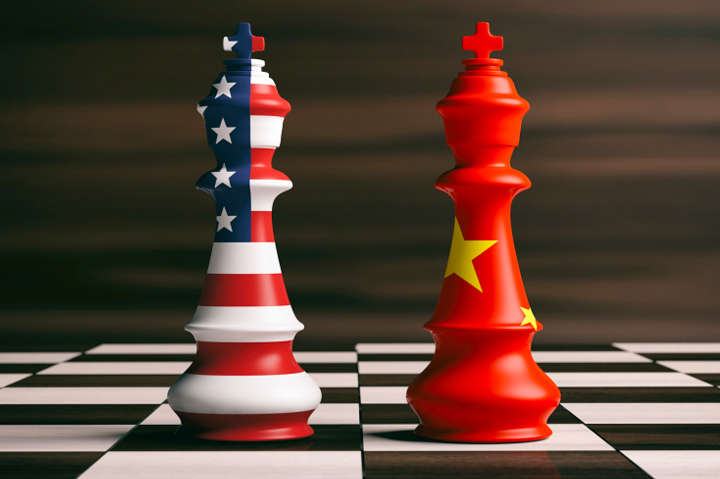May 17, 2022
Biden Evaluating Tariffs on China Imports
The president and the White House press secretary confirmed that the administration is considering options that include that easing or removing the levies, which have contributed to price increases in the promo products industry.
Tariffs are on the table.
President Joe Biden said this week that his administration is evaluating how to handle the tariffs former President Donald Trump imposed on billions of dollars of goods imported from China. Options like easing or dropping the tariffs are expected to form part of the discussion.
“We’re looking at what would have the most positive impact,” said Biden, though he emphasized that no decision had been made on how to proceed.

Inflation in the U.S. has remained elevated at 40-year highs in recent months. Some business leaders and economists think removing the tariffs could help tame the skyrocketing costs consumers and businesses have been enduring.
White House Press Secretary Jen Psaki confirmed this week that the Biden administration is considering easing the levies on China-made goods. More information on how things will play out could be released in the coming weeks, said Psaki, adding that “an ongoing review” is underway and that the administration expects “to do more.”
In early May 2022, Biden’s top trade negotiator, U.S. Trade Representative (USTR) Katherine Tai, said that reducing the U.S. tariffs on imported goods from China is one of a number of options the administration could consider as part of efforts to combat inflation.
Also this month, Tai’s office commenced a statutorily mandated review of the first group of tariffs on China-made goods, a process that could ultimately involve an analysis of whether to keep the levies in their current form, reduce them or remove them altogether.
Reducing U.S. tariffs on imported goods from China is one of a number of options the Biden administration could consider as part of efforts to combat inflation, with some administration officials reportedly in favor of rolling back the levies. https://t.co/BO2KVu1trF
— Chris Ruvo (@ChrisR_ASI) May 4, 2022
Administration sources have said some federal leaders, reportedly Tai included, are reluctant to lift the tariffs as doing so could erode U.S. leverage in trade negotiations with China.
Trump implemented tariffs on billions of dollars’ worth of China-made imports in response to what he characterized as unfair trade practices by China. The majority of products sold in the $23.2 billion North American promotional products industry are produced in China.
Tariffs on promo imports, which include both apparel and hard goods, have contributed to price increases on industry-sold products in recent years.
“The tariffs are part of the package of inflation and price increases,” Jo-an Lantz, president/CEO of Top 40 distributor Geiger (asi/202900), told ASI Media. “At the end of the day, it is the consumer that pays the tariffs. I personally feel repealing the tariffs would help mitigate some of the price increases we have all had to pay.”
While easing inflation on prices in promo and in the broader economy would be welcome, a number of industry executives say the branded merchandise market has largely adapted to the reality of the tariffs.
“After the initial shockwaves of the change in China tariffs rippled through several aspects of the supply chain, we have seen nominal impact because there have been relatively few changes since,” said Shamini Peter, vice president of global sourcing, import compliance and logistics at Top 40 distributor HALO Branded Solutions (asi/356000). “We are not concerned as long as there are no surprise changes. Our team has successfully navigated the impact of the tariffs.”
Beyond contributing to product price increases, the tariffs have propelled moves by suppliers (and distributors that import directly) to alter their supply chains so that they source more goods from countries outside China. Driven by ongoing trade uncertainty and other factors like COVID-19, promo’s international sourcing diversification has continued.
